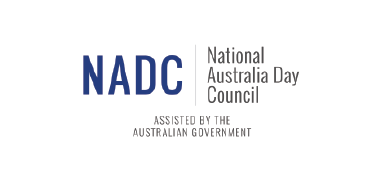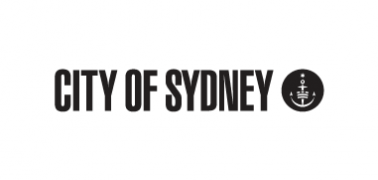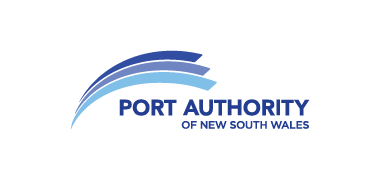Health and safety
Weather
Visit the Australian Bureau of Meteorology website for up-to-date weather reports.
Fire danger rating and fire bans
Visit the NSW Rural Fire Service website to check the fire danger rating and for fire bans in your local area.
Coping with hot weather
- Heat affects everyone – It is important to take extra care during hot weather to reduce your risk of heat-related illness.
- There are simple ways to keep cool and stay hydrated in summer:
-
- Avoid being outdoors in the hottest part of the day as much as possible.
- Drink plenty of water regularly, even if you don’t feel thirsty.
- Take water with you if you’re going outside.
- Talk to your doctor about how to manage your health in the heat if you have a chronic illness, are on regular medications, or have a limit on your fluid intake.
- Protect your skin and eyes from the sun by applying sunscreen to exposed skin, wearing sunglasses and a hat.
- Even after hot weather has passed, your body can still be affected by it. Monitor your health in the days following hot weather and get medical assistance if you feel unwell.
Smoke, air pollution & bushfires
If there is bushfire smoke in your area, take steps to reduce the time you spend in smoky air. Bushfire smoke has fine particles that can affect your health. Learn how to protect yourself and your loved ones from bushfire smoke at www.health.nsw.gov.au/bushfires.
Sun exposure
The Australian sun is intense in January so make sure you:
- slip on a shirt or other weather-appropriate clothing
- slap on a hat
- slop on some sunscreen throughout Australia Day
- seek shade where possible and minimise the time you spend in the sun between 10 AM and 3 PM
- slide on some sunnies (i.e. sunglasses).
Water
Sydney tap water is of a high quality. It’s treated to high standards and safe to drink straight from the tap.
Keep COVID Safe
- If you have cold or flu symptoms (runny nose, sore throat, cough, fever), stay home until you are feeling well and avoid visiting people at higher risk of severe illness (such as aged care homes and hospitals). Please do not go to any Australia Day events.
- If you are at higher risk of severe illness you should have a COVID-19 test. Follow the advice about what COVID-19 test should I do?
- If you test positive for COVID-19, follow the advice for people testing positive to COVID-19. If your test is negative, stay home until you feel better. This is to help protect other people.
- Protect yourself and others by staying up to date with recommended vaccinations and keeping up good hand hygiene.
- Be kind and be considerate of someone’s choice to wear a mask. Some people, including those at higher risk of severe illness, may choose to wear one to protect themselves.
- Talk with your doctor now if you are at higher risk of severe illness. They may recommend a PCR test if you get sick and give you a pathology referral form to use. You may also be eligible for antiviral medicines. If you have symptoms and can’t contact your doctor, call healthdirect on 1800 022 222 or use the online Service Finder.



